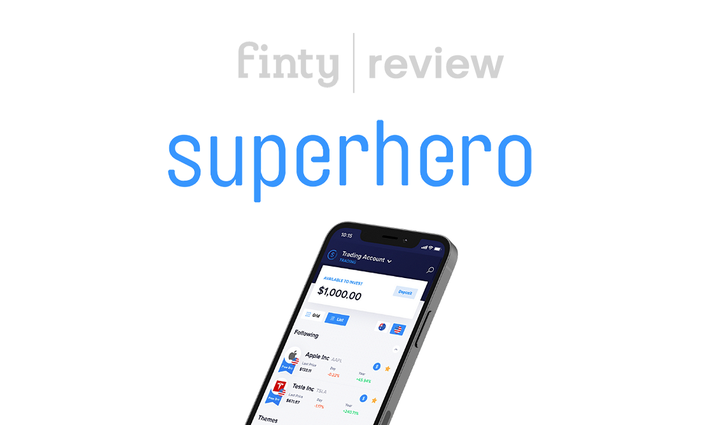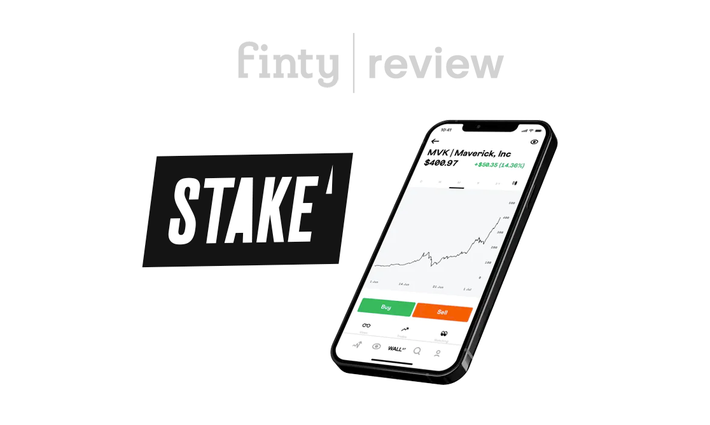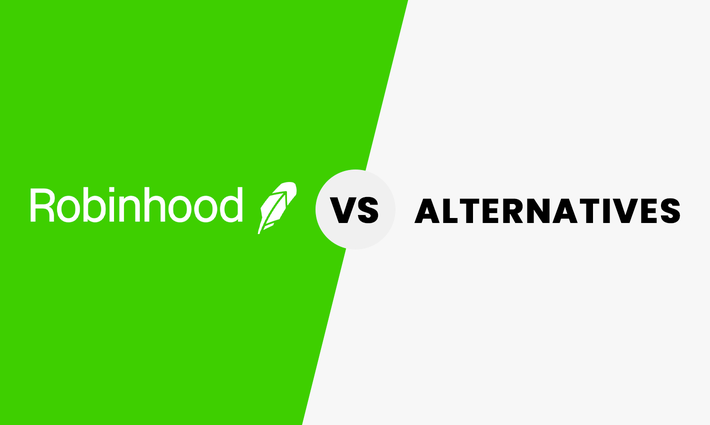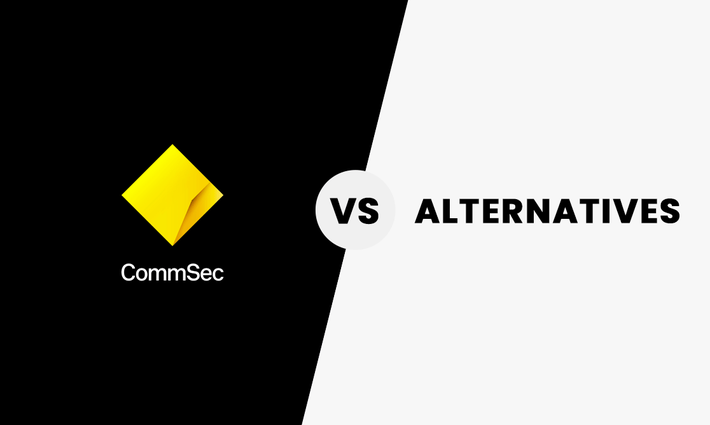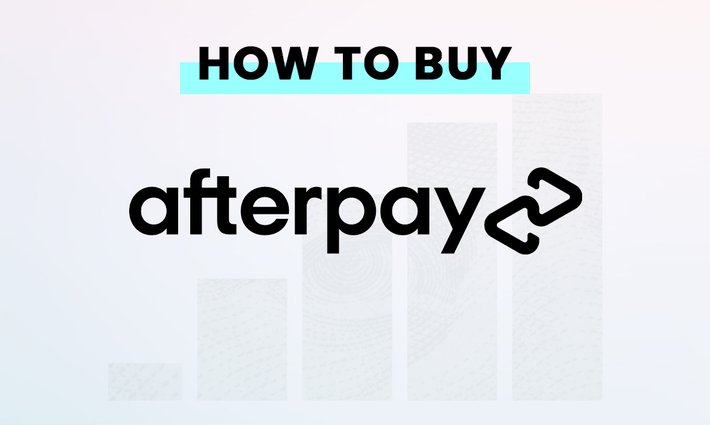Small and medium-sized companies are usually privately owned and have a limited number of shareholders or owners. But once a company grows to a certain size – in either profitability or assets – its owners may decide to list it on a stock exchange in order to access the capital they need for further growth. New shareholders buy shares in the company in an Initial Public Offering (IPO), giving the company the cash it needs to continue or expand its operations.
Shares confer ownership
Each shareholder becomes a part-owner of the company for as long as they hold at least one share, although shares are usually traded in much larger parcels than a single share. Shareholders may receive regular distributions of a company’s profit, based on the number of shares they hold, and these are called dividends.
How shares are traded
Shares can be bought and sold electronically on the stock exchange during every day that the stock exchange is open. The trading of shares is carried out by an intermediary called a stockbroker or share broker (or simply a broker), on behalf of both buyers and sellers. Sellers can nominate a price at which they are prepared to sell a specified number of a particular company’s shares, and buyers can nominate a price at which they are prepared to buy them. When the two prices correspond, a sales transaction can be completed, and a current market price for the shares is established. A broker’s client may also agree to buy or sell at the prevailing market price rather than nominating a specific price.
In Australia, shares are traded electronically on the ASX trading platform, and trades are settled through CHESS (Clearing House Electronic Subregister System).
Why shares are traded
There are plenty of reasons why shares are bought and sold every day:
Long-term share investors
Shares are a popular form of investment, in the hope of long-term asset growth and possibly dividend income. Long-term shareholders are likely to buy or sell shares infrequently, and their activity is better classified as share investment rather than share trading.
Gradual share price movements
As a company’s profitability and assets increase, the value of an individual share in the company will usually increase proportionately, and the market price of the shares on the stock exchange will increase as a result. The converse is also true – companies with declining profitability usually see their share price falling. Individual share prices are also affected by supply and demand, and other factors.
Sudden share price movements
External factors can affect individual, industry-wide, nationwide or even global share prices. Such factors could include the release of profit results or profit forecasts by the company, a natural disaster, a major regulatory breach resulting in a large cash penalty, a sudden shift in consumer sentiment, a change in central bank interest rates, a large-scale war affecting national economies, or a global financial crisis or pandemic.
Short-term share traders
Short-term share traders try to predict or anticipate these more abrupt changes in the price of individual shares, and aim make a profit by regularly buying fairly large parcels of shares when they think the price is lower than it should be – or will soon be – and selling them when they are satisfied with the profit they have made or when they think the price has reached a temporary peak. “Day traders” may try to realise a profit by buying and selling a particular parcel of shares within a day, or slightly longer.
Risks and rewards of share investment and trading
Investing and trading in shares is inherently risky. It’s not like depositing money in a bank account, where you can be reasonably confident that your investment will not grow particularly quickly (given current low interest rates) but nor will it shrink (except in the unlikely event of negative interest rates). Share prices are volatile and can be affected by many factors, just a few of which have already been mentioned. This makes it possible for both investors and traders to lose significant sums.
But along with greater inherent risk there is a greater potential for reward. In spite of wars, natural disasters, terrorism and stock market crashes, Australian share prices have increased by an average of 6% per year over the last century, according to the Reserve Bank. Short-term share trades have a greater exposure to both potential losses and potential gains from sudden price fluctuations.
Spreading the risk
The risk of loss from share trading can be mitigated to some extent by having a diversified portfolio. That’s an elaborate way of saying “Don’t put all your eggs in one basket”. By spreading your investment or trades across a range of shares in different companies and market sectors (e.g.financial, industrial, technology, retail, agricultural) you become less exposed to individual share price fluctuations.
Another way to achieve this is to invest or trade in Exchange Traded Funds (ETFs), a type of tradable security which aggregates a range of shares and other financial investments, creating an automatic spread of risk.
You can also choose to invest in units in a managed fund, a diversified portfolio chosen and administered by an investment advisor. Some managed funds may be listed on a stock exchange, but many are not.
Other types of tradable securities
“Share trading” may be used as an umbrella term for trading in all types or securities or financial instruments listed on a stock exchange, which, as well as individual company shares could include:
- ETFs
- Managed funds
- Options, futures, warrants and other derivatives
- Fixed income debt securities
Capital gains tax
Any profit you make from buying or selling shares is subject to capital gains tax (CGT) in Australia. Capital losses can be offset against capital gains. Gains made by individual taxpayers may be discounted by 50% if the shares have been held for at least 12 months. The tax rate for net capital gains is the marginal tax rate of the individual in the year they were gained.
However, anyone who engages in buying or selling shares as a form of business income may be able to be classified by the ATO as a share trader, which removes the 50% CGT discount for shares held for one year but confers other tax advantages.
This is general information only and is not intended to constitute tax advice. Consult a tax professional for advice about your personal situation.
Online share trading platforms
You can buy and sell Australian shares and other securities without using a traditional broker if you use an online share trading platform. Signing up to one of these is quick and easy, and they generally have low transaction fees, no account fees for a basic account, and low minimum trading amounts. Some of them offer access to overseas markets, such as the NYSE and NASDAQ in the US.
Online brokers typically offer two types of account:
- A free basic account with no monthly or annual fee, possibly market price trades only, limited analysis or guidance and delayed rather than real-time market information
- A premium, subscription-fee account, with additional reporting and guidance, live market data and options for setting a share price at which you are prepared to buy or sell
Traditional full-service share brokers
A full-service stockbroker may be more suited if you feel you need expert advice about buying and selling shares and other securities. Traditional offline brokers will provide market and individual company research, make buy/sell recommendations and possibly create a tailored investment plan for you. As a result, they will usually charge higher fees for transactions and ongoing services.
Some full-service brokers also have an alternative online trading platform.
Cost of share trading
Over and above the purchase price of the shares you buy, there are other fees you may have to pay, including:
- A transaction fee each time you buy or sell a parcel of shares (also called a ‘brokerage fee’ or ‘commission fee’). Transaction fee structures can vary (e.g. flat fee, or percentage of trade amount, or fees that vary according to the number of trades you make per month). Online platforms tend to be cheaper (e.g. between $5 and $30 per trade), compared with a traditional broker’s typical flat fee of $50+ or percentage fee of 2%+.
- Monthly or annual account fee charged by some brokers or online platforms for the provision of premium services.
- Cash withdrawal fees may be charged if you want to withdraw money from the special bank account you usually need to fund your trades.
- Foreign exchange fees or a foreign exchange margin will be payable if you need a foreign currency account to trade in overseas shares.
- Inactivity fee, possibly charged if you make too few trades in a given period.
Disclaimer: We put our customer’s needs first. The views expressed in this article are those of the writer’s alone and do not constitute financial advice. Advertisers cannot influence editorial content. However, Finty and/or the writer may have a financial interest in the companies mentioned. Finty is committed to providing factual, honest, and accurate information that is compliant with governing laws and regulations. Do your own due diligence and seek professional advice before deciding to invest in one of the products mentioned. For more information, see Finty’s editorial guidelines and terms and conditions.















